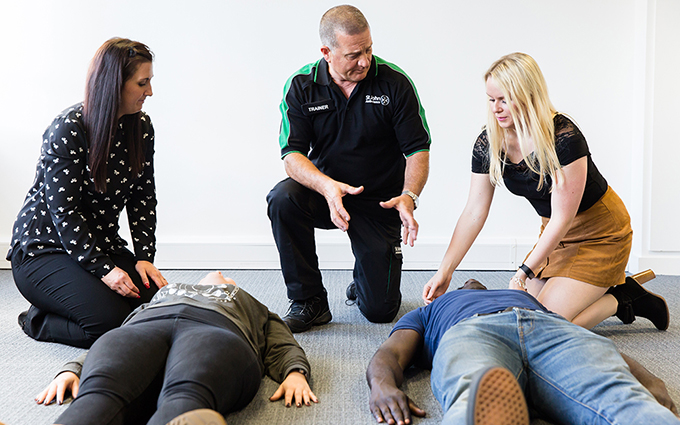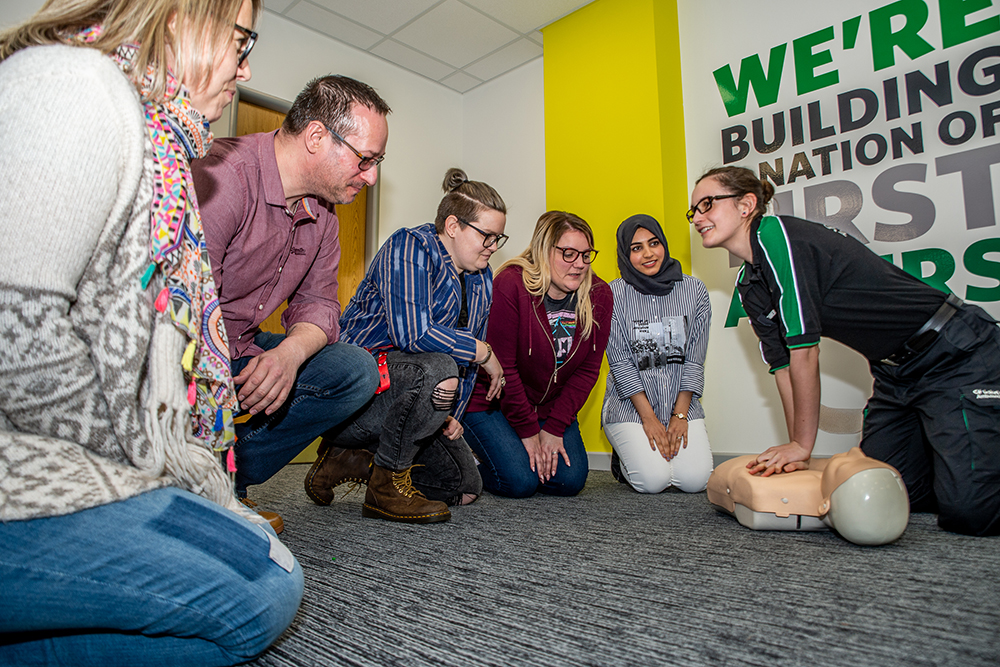Discover how workplace first aid supports mental health
First-responder care is often associated with accidents or sudden medical emergencies.
But as Lisa Sharman, St John Ambulance’s National Head of Education & Commercial Training, highlights in our latest LinkedIn Live event, mental health today is very much a first-aid issue, and one that’s as varied and complex as physical health.
Poor mental health in the workplace cost the UK economy £102 billion in 2023, AXA estimates.
Here’s what our panel of experts and employee first-aiders had to say about the need for businesses to recognise different mental health conditions and their impacts. This understanding is crucial for implementing a comprehensive and effective workplace health and wellbeing programme.
“One day we will just say ‘health’ and that will cover all the physical and mental conditions and symptoms people experience,” said Stephen Andrews, Mental Health First Aid Trainer at St John, acknowledging the existing gap in understanding and perception of first aid.
Several panellists noted that mental health was becoming a more frequent workplace first-aid concern.
Although the COVID-19 pandemic has increased awareness of mental health, they said, it has also introduced new organisational challenges, as people continue to adjust to changing work environments and expectations.
But it's not always easy to spot signs of worsening mental health that might signal underlying anxiety, stress or depression. These might range from absenteeism to presenteeism; from general quietness to avoiding IRL meetings or turning on teleconferencing cameras. Stephen explained how mental health first aiders can use St John’s DR EFG bespoke action plan to manage an emergency.
So, how can companies best support their workers’ mental health? Leaders need to be proactive rather than reactive, thinking about mental health all the way through the business, said Stephen – from placing a job ad to onboarding and beyond.
The panel concluded that while employees should be prepared for every mental health first-aid scenario, fostering a culture of collective responsibility – that acknowledges changes in people’s ‘normal’ – could help prevent these issues before they happen.
For more expert insights on mental health at work, watch the LinkedIn Live conversation here ▶️



